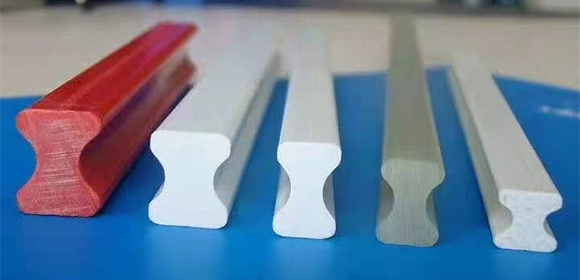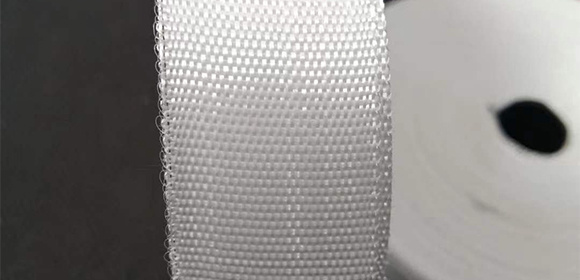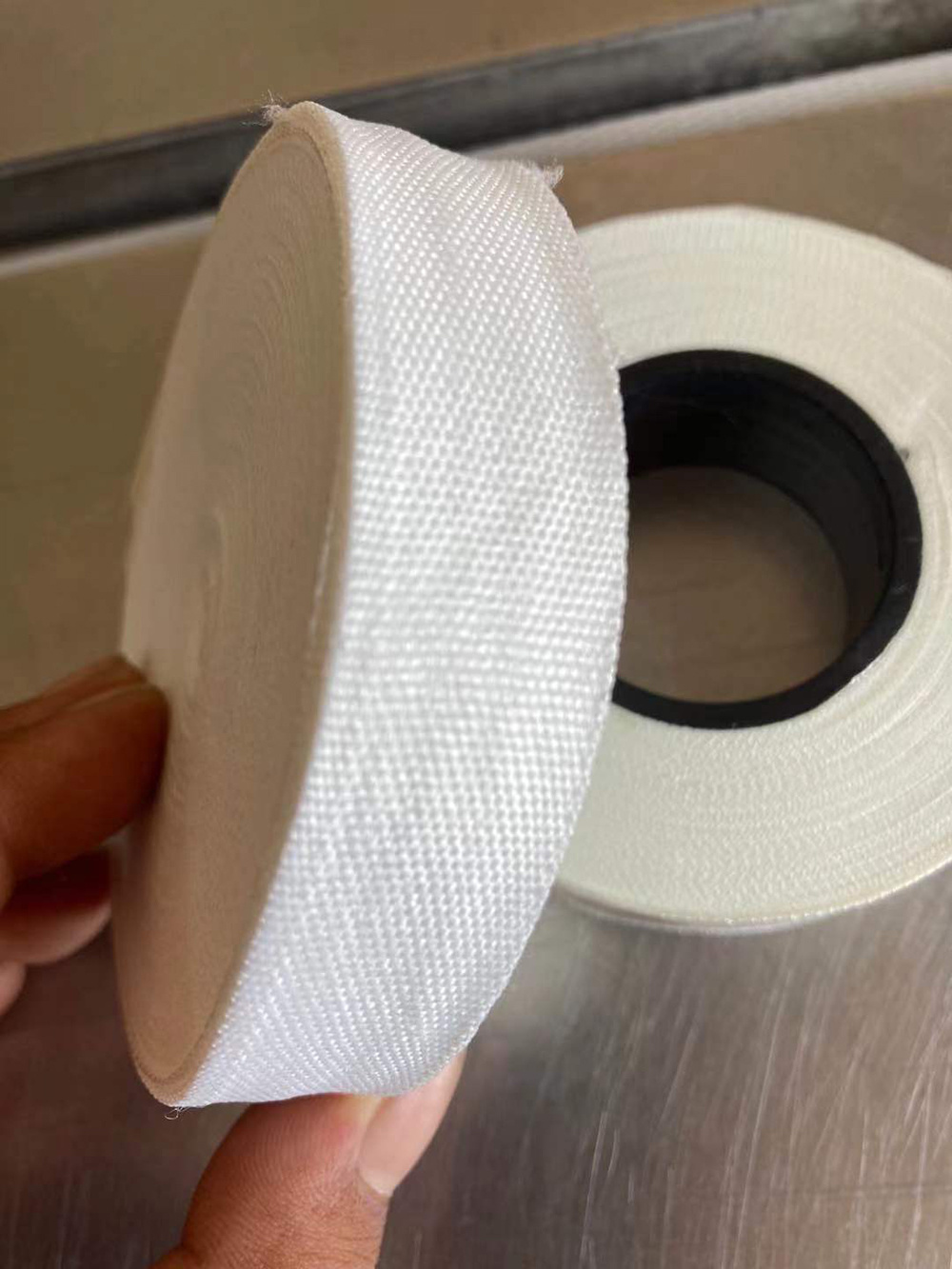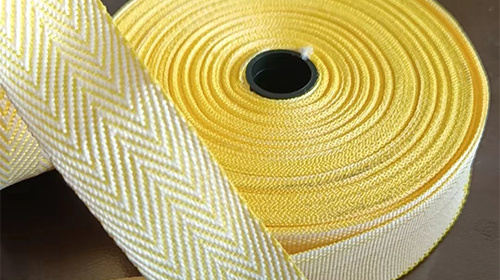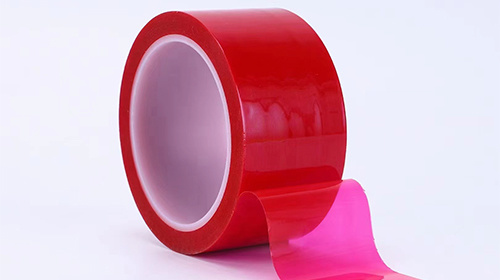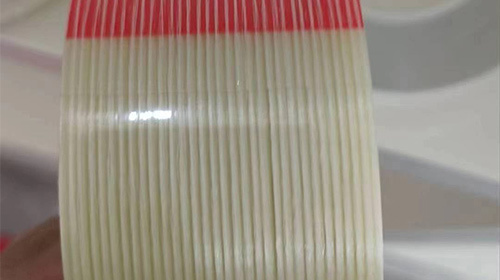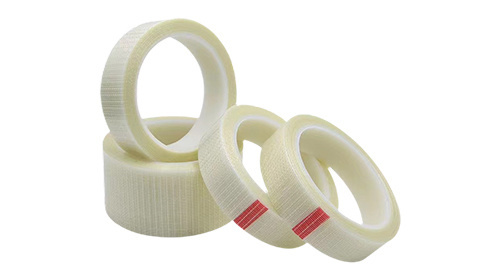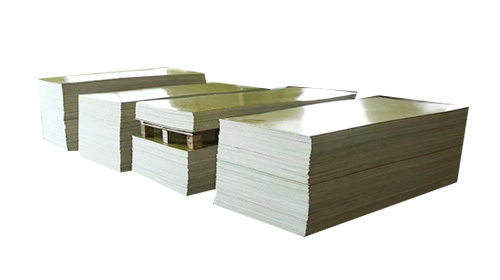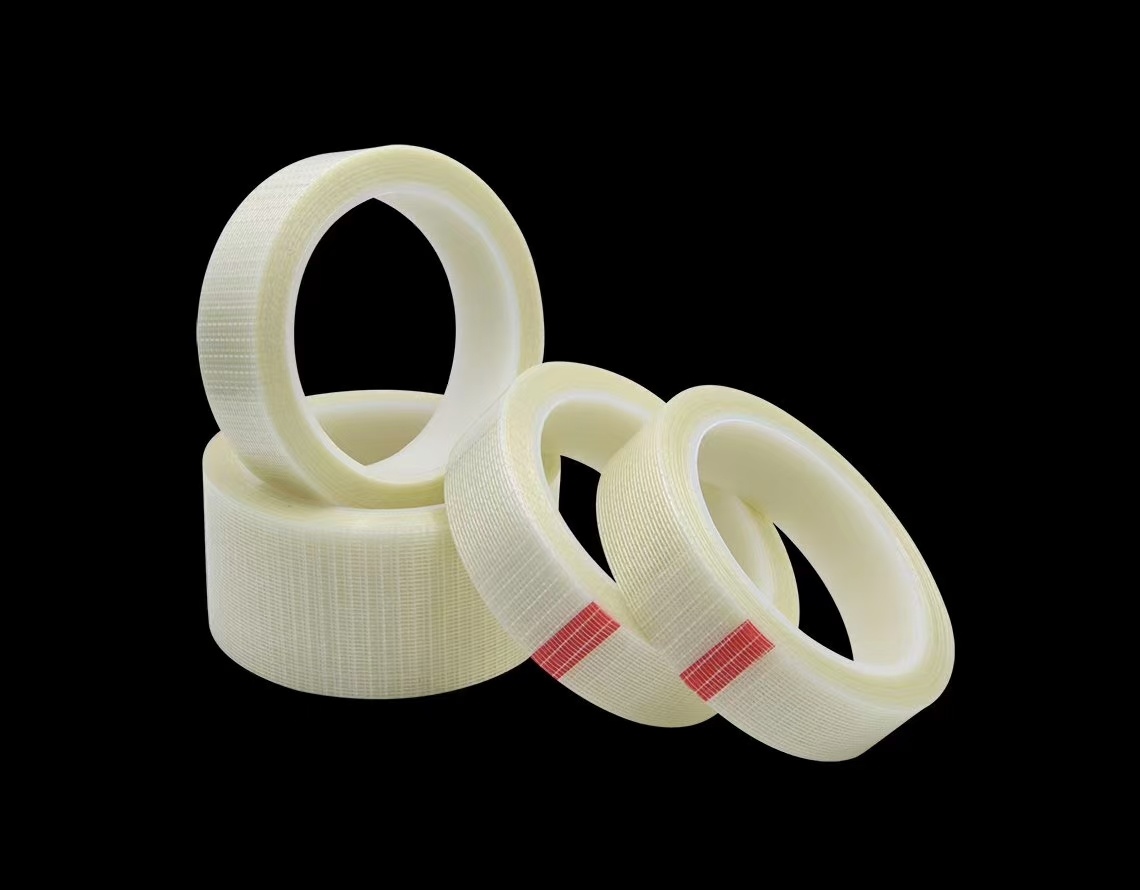Understanding Fiberglass Tape: A Versatile Insulation Solution for Electrical Applications
Fiberglass tape, a critical component in the electrical and insulation industry, is renowned for its unique properties and applications. This type of tape is crafted from woven fiberglass fibers, which are known for their strength, durability, and thermal resistance. As a result, fiberglass tape is often employed in various electrical insulation contexts, offering effective solutions for both high
Fiberglass tape, a critical component in the electrical and insulation industry, is renowned for its unique properties and applications. This type of tape is crafted from woven fiberglass fibers, which are known for their strength, durability, and thermal resistance. As a result, fiberglass tape is often employed in various electrical insulation contexts, offering effective solutions for both high-temperature and low-temperature environments.
One of the primary advantages of fiberglass tape is its exceptional resistance to heat and flames. This makes it particularly suitable for applications where exposure to high temperatures is a concern, such as in electrical systems that generate significant heat. The tape can withstand temperatures that other conventional insulation materials may not, ensuring that electrical systems remain safe and efficient.
Furthermore, fiberglass tape is highly resistant to chemicals and moisture. This property is essential for electrical applications, especially in environments prone to exposure to oils, solvents, or humidity. The non-corrosive nature of fiberglass ensures that the tape maintains its structural integrity over time, thereby extending the lifespan of electrical components it insulates.
Installation of fiberglass tape is another aspect that contributes to its popularity. The tape is lightweight and easy to handle, enabling quick application in various settings. It can be easily cut to size and wrapped around wires, cables, or other electrical components. Its flexibility allows it to conform to different shapes and surfaces, ensuring comprehensive coverage for optimal insulation.
In addition to its electrical insulation properties, fiberglass tape is also used in a range of industrial applications beyond electrical wiring. It can be utilized in the construction and automotive industries, providing reinforcement and insulation in various components. This versatility highlights the importance of fiberglass tape in both electrical and non-electrical applications, making it a staple material in many sectors.
When considering insulation solutions, it's vital to understand the specific requirements of your application. While fiberglass tape offers a robust solution for many scenarios, evaluating factors such as temperature, chemical exposure, and environmental conditions will ensure the best choice for your project.
In conclusion, fiberglass tape stands out as a reliable and versatile insulation material within the electrical industry. Its unique properties, including heat resistance, chemical durability, and ease of application, make it an invaluable asset in ensuring the safety and efficiency of electrical systems. Whether for professional use or personal projects, understanding the benefits and applications of fiberglass tape can enhance your insulation strategies and contribute to better overall performance.
One of the primary advantages of fiberglass tape is its exceptional resistance to heat and flames. This makes it particularly suitable for applications where exposure to high temperatures is a concern, such as in electrical systems that generate significant heat. The tape can withstand temperatures that other conventional insulation materials may not, ensuring that electrical systems remain safe and efficient.
Furthermore, fiberglass tape is highly resistant to chemicals and moisture. This property is essential for electrical applications, especially in environments prone to exposure to oils, solvents, or humidity. The non-corrosive nature of fiberglass ensures that the tape maintains its structural integrity over time, thereby extending the lifespan of electrical components it insulates.
Installation of fiberglass tape is another aspect that contributes to its popularity. The tape is lightweight and easy to handle, enabling quick application in various settings. It can be easily cut to size and wrapped around wires, cables, or other electrical components. Its flexibility allows it to conform to different shapes and surfaces, ensuring comprehensive coverage for optimal insulation.
In addition to its electrical insulation properties, fiberglass tape is also used in a range of industrial applications beyond electrical wiring. It can be utilized in the construction and automotive industries, providing reinforcement and insulation in various components. This versatility highlights the importance of fiberglass tape in both electrical and non-electrical applications, making it a staple material in many sectors.
When considering insulation solutions, it's vital to understand the specific requirements of your application. While fiberglass tape offers a robust solution for many scenarios, evaluating factors such as temperature, chemical exposure, and environmental conditions will ensure the best choice for your project.
In conclusion, fiberglass tape stands out as a reliable and versatile insulation material within the electrical industry. Its unique properties, including heat resistance, chemical durability, and ease of application, make it an invaluable asset in ensuring the safety and efficiency of electrical systems. Whether for professional use or personal projects, understanding the benefits and applications of fiberglass tape can enhance your insulation strategies and contribute to better overall performance.
Previous:






